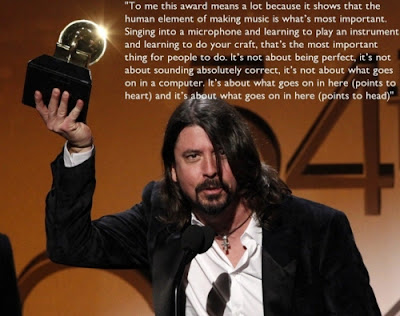WRITE EVERYDAY.
He began writing when he was 12 and from that moment on, no matter what he was doing he made sure he wrote something everyday. Does that mean he was a genius writer at the age of 12 creating masterpieces? NO! It took years of writing everyday: he says at least 15 years before he even considered himself a decent writer - many more years after that did he think he was a good writer.
Even in his late 20's, Ray Bradbury still was not a "successful" professional writer, although he had sold some short stories. Being a writer was something he worked at everyday, whether he was in the mood, felt like doing it, or if he had "more important" things to do. Even after getting rejection letters and not getting published - he kept writing.
It's about persistence. Trust me, I know how difficult it is to work that hard at something without any guarantee of success. But, for actors it very important to continually work on your craft - everyday do something for your craft.
Working everyday is the only way you improve as an actor - and if you aren't moving forward then you are going backwards. There is no standing still.


